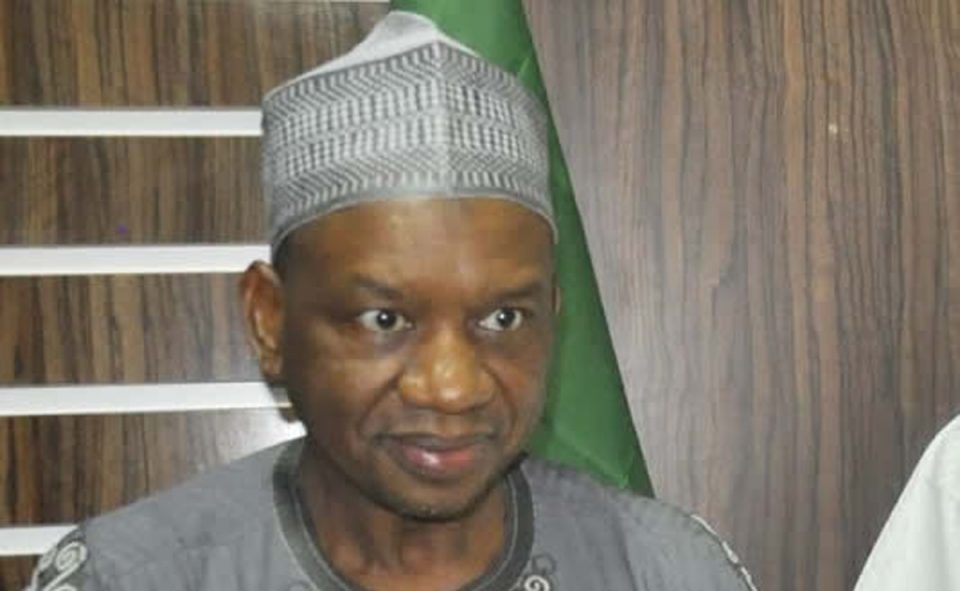The Permanent Secretary, Ministry of Mines and Steel Development, Dr Abdulkadir Muazu has restated the Federal Government’s determination to address challenges in the extractive mineral sector.
Muazu gave the assurance on Monday in Abuja at a roundtable on “Promoting Sustainability in the Extractive’’ sector.
The roundtable was organised by the National Business and Human Rights Roundtable.
The permanent secretary, represented by Mr Ajake Patrick, a staff of the ministry gave an overview of the country`s mining industry and road map.
He said that the Federal Government was taking steps to address the challenges in the sector.
Muazu said the ministry had set up a roadmap for short and medium term development of the extractive sector with appropriate growth indicators.
According to him, the aim of the roadmap is to increase contributions of mining Gross Domestic Product (GDP) from 0.33 per cent in 2016, to three per cent (GDP) in 2025.
The permanent secretary said this would be achieved through addressing key constraints to mining sector growth and development.
He listed such constraints to include insufficient geological data and infrastructure to support mineral exploration, production and processing and limited cooperative federalism with little incentives to attract states to be involved in mining.
Others Muazu said were weak implementation of mining laws and regulations, insufficient access to finance for mineral exploration and production and perception issues among others.
He said efforts were also being made to ensure that the mining sector became environmentally friendly and available to investors irrespective of the constraints.
The permanent secretary said that government had taken concrete step to address the lack of finance in the sector.
According to him, the Federal Government has inaugurated a N2.5 billion seed fund with the Bank of Industry (BOI) with a counterpart amount of N2.5 billion as revolving loan for operators in the sector.
Muazu said the establishment and restructuring of the solid minerals development fund had also picked up, saying that government had provided a seed fund of more than N600 billion for the take-off of activities in the sector.
“As we speak, issue of insufficient geo-data is being addressed and expert consulting firms are on the field conducting detailed geological exploration.
“This will help to determine the quantum of mineral deposits across the six geo political zones of the country,’’ he said.
He said that 46 critical minerals were envisaged to uplift and improve revenue generation of the country, which included gold and other industrial minerals.
Muazu said the Federal Government was also trying to strengthen its relationship with states to address the challenges operators face on the field, while making efforts to provide the needed infrastructure.
Earlier, the Executive Secretary, National Human Rights Commission, Mr Antony Ojukwu said mainstreaming human rights laws in the operations of the extractive industries, especially in the mining sector could not be overemphasised.
Ojukwu, represented at the event by Mr Nwankayin Obinna, a staff of the Commission noted that most of the challenges in the mining industry resulted from failure to operate by the dictates of human rights and norms.
He said the mining sector was critical to the country’s economy due to its relevance to production and export, adding that there was the need for all hands to be on deck to ensure its sustainability.
Ojukwu urged operators in the sector to make deliberate efforts to adopt standard operational behaviour.
This, he said, would endear the sector to stakeholders and propel it to sustainability by ensuring full implementation of human rights norms and policies in their operations.
The event was attended by representatives of mining host communities from Gombe, Kogi, Plateau and Ebonyi.
Some representatives of host communities, who spoke at the event, complained of ill treatment by mining companies.
They said there was the need for government to educate host communities on their rights and privileges




